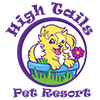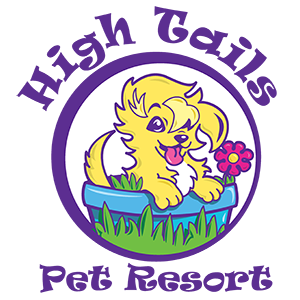It’s pretty common for us to hear from owners that their dog used to like other dogs but suddenly stopped. Often they can’t put their finger on a specific reason why but with some digging we usually find it happens between 8 months and 2 years old as dogs progress through adolescence into adulthood.
When we first bring our happy, wiggly puppy home we anticipate that this puppy’s happy go lucky nature will be the pup’s personality forever. Unfortunately just like humans puppies change as they grow into adult dogs not only physically but also in their likes, dislikes and habits.
An adolescent dog may start to dislike other dogs for a number of reasons. Typically we may see them change because of a rough incident or dog fight, sometimes it’s a result of easy to miss long term bullying and sometimes it’s just the dog’s personality or nature.
The important thing to remember is that’s not always a bad thing if your dog doesn’t want to play with every dog they meet. As humans we certainly don’t want to be best friends with every single person we meet either! As long as your dog isn’t aggressively attacking other dogs and merely ignoring them it’s really not a big issue. Your dog has the benefit of developing meaningful bonds with their human family members.
It’s important to respect your dog’s preferences too. If your dog isn’t interested in playing or even greeting other dogs don’t force your pup to go to the dog park and be inundated with dog after dog. Instead choose a quiet area and let your dog sniff, play and focus on you. A social behaviour among dogs is completely normal and not something pet owners should become upset about.
On the other hand, if your dog is reactive (barking, lunging, growling) at the sight of another dog or actively aggressing towards another dog that they come into contact with then you should seek immediate help. While these behaviours are natural in dogs they don’t contribute to living in a peaceful way. Dogs who struggle with reactivity and aggression are often suffering from stress and a lower quality of life. Happily at High Tails we offer training and support for these concerns either in a private, one on one setting or in our Reactive Rover program. We also offer specialized sport classes for dogs with these issues so they can still take part in activities with their families (tracking, nose work, reactive rover agility, etc.).


I love this! We have preferences in friends as humans but often are disappointed if our dogs don’t turn out to be social butterflies. There are so many ways to enjoy life with YOUR dog and do it in a way that respects her/her own unique being. Love the dog you have 🙂